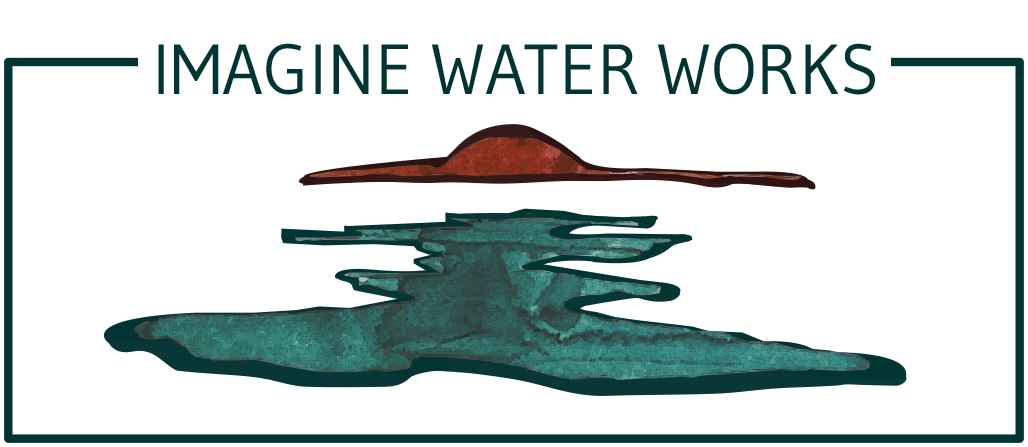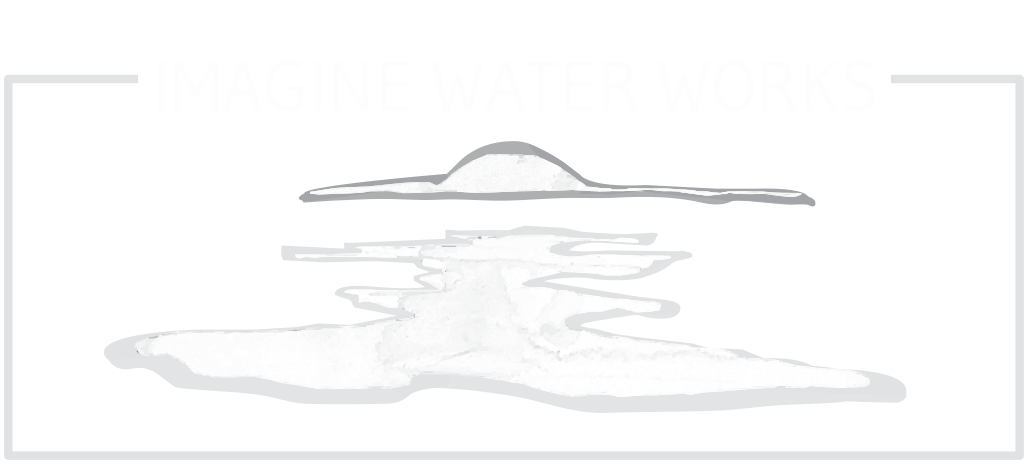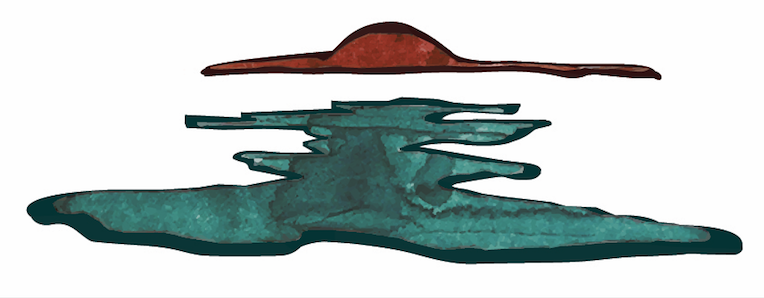Welcome to WaterMark, your monthly briefing on water programs and policies in Louisiana brought to you by Propeller and Water Works! With hurricane season in full swing and recent stormwater flooding, below are some resources that you can use — to help protect your home, your neighborhood, and your business. The resilience of New Orleans comes from neighbors looking out for one another, so we encourage you to take a moment to check in with each other in your communities. We also encourage you to share lessons learned and further concerns about our city’s water management issues with mayoral candidates at the upcoming forum TONIGHT, September 14th (details)!
Safe Wishes,
Propeller + Water Works
Additional Resiliency Resources
- Joy of Water: A Homeowner’s Guide to Becoming Water Wise
- Business Survival Handbook: Survival After a Disaster
- New Orleans Building Hardening Guide
- New Orleans Business Continuity Guide
- Flooding Fact Sheets for 2017 Elections
- VIDEO: Diary of a Louisiana Flood Victim
In The News
Recent Flooding and Changes in Local Water Management
The August 5th flooding in New Orleans created widespread damage to buildings and cars, as the city’s drainage infrastructure was overwhelmed by over 9.5 inches of rain in some neighborhoods. Revelations that the Sewerage and Water Board’s pumps were not fully operational led to the resignation of several high level officials, along with the creation of an advisory panel. Questions remain on the full cause of the flooding, as well as questions on the best way to respond. Discussions have included talk of privatizing the Sewerage and Water Board, changes in structure of the Board and oversight, need for increased transparency and financing for drainage. While it will be some time before New Orleans residents have the full answers, it is important to take precautions to protect property from potential damage in future rainstorms and during hurricane season. To sign up for emergency alerts and for information on how to protect yourselves, visit Nola Ready’s website.
The Sea Level Did, in Fact, Rise Faster in the Southeast U.S.
New York Times
In a recently published paper, University of Florida researchers calculated that sea level along the American coastline south of Cape Hatteras rose six times faster than the long-term rate of global increase between 2011 and 2015. “The increase in the Southeast was the largest sudden jump there since the late 1940s, the scientists found. It amounted to about three-quarters of an inch of sea-level rise per year from 2011 to 2015, which may not sound like much but equates to billions of extra gallons of water just off the coast. That water inundates streets and lawns when the tides and winds conspire to push it inland.” For more information, see here.
What makes Houston so vulnerable to serious floods?
The Guardian
While Hurricane Harvey was an unusually bad storm, the combination of intense rainfall with Houston’s rapid development, infrastructure, and topography turned the storm into a disaster. Sam Brody, a professor in the department of marine sciences at Texas A&M University, explains that “When the city experiences heavy rain – which happens a lot due to its humid subtropical climate – the water has nowhere to go. In new developments where modern drainage systems are installed, Brody said they are often ‘treating the symptoms, not addressing the underlying problem.’ Those developments themselves might have systems in place to prevent them flooding. But those systems can involve channelling additional water into streams or bayous already at capacity. In severe storms that water can gush downstream and threaten older neighborhoods that traditionally may have been less prone to flooding.” Given the similarities in climate, infrastructure needs, and topography between Houston and New Orleans, we have much to learn from each other’s experiences of living with water. For more information, see here.
Upcoming FEMA Grant Opportunities Include Potential for Stormwater Management Projects
LCIA Blog
Water Works’ Alessandra Jerolleman provided a guest blog post for LCIA, explaining the ways in which current FEMA grant programs may be used to support stormwater management. “As a professional working in stormwater management and green infrastructure, it is important to be aware of the opportunities that FEMA grant programs can present. Although individuals and firms cannot apply directly for this funding, parishes and other jurisdictions can put in grant applications, as sub-applicants through the State of Louisiana. The release of the Notice of Funding Opportunity (NOFO) is a perfect time to reach out to local jurisdictions with which you partner and see if they might be looking to submit an application.” For more information, including 2017 Fiscal Year funding, Eligible Projects, and an explanation of the process, see here.
Trump infrastructure push rolls back environmental rules
Reuters
President Donald Trump rolled back rules regarding environmental reviews and restrictions on government-funded building projects in flood-prone areas as part of his proposal to spend $1 trillion to fix aging U.S. infrastructure. Trump’s latest executive order would speed approvals of permits for highways, bridges, pipelines and other major building efforts. It revokes an Obama-era executive order aimed at reducing exposure to flooding, sea level rise and other consequences of climate change. This move from the administration came two weeks before Hurricane Harvey impacted Houston. For more information, see here.
Louisiana struggles to track impact of disasters
Business Report
Information on the number of homes and businesses impacted by flooding is difficult to track in Louisiana because it is currently collected “through a patchwork of different agencies, at different times and without a centralized database. To get a basic idea of how many businesses flooded—both those that closed for good and those that reopened—officials have to coordinate with several different entities. Even then, it can be difficult to determine which ones simply closed for other reasons.” For more information, see here.
Upcoming Events & Opportunities
- Mayoral Forum: September 14th, TONIGHT! Flood Risk and Adapting to a Changing Environment
- Public Lab Barnraising November 3rd-5th Registration Open Now!
- Save the Date: Cookoff for the Coast! November 18th at Docville Farm
WaterMark is a monthly briefing on water programs and policies in Louisiana, brought to you by Propeller and Water Works.




